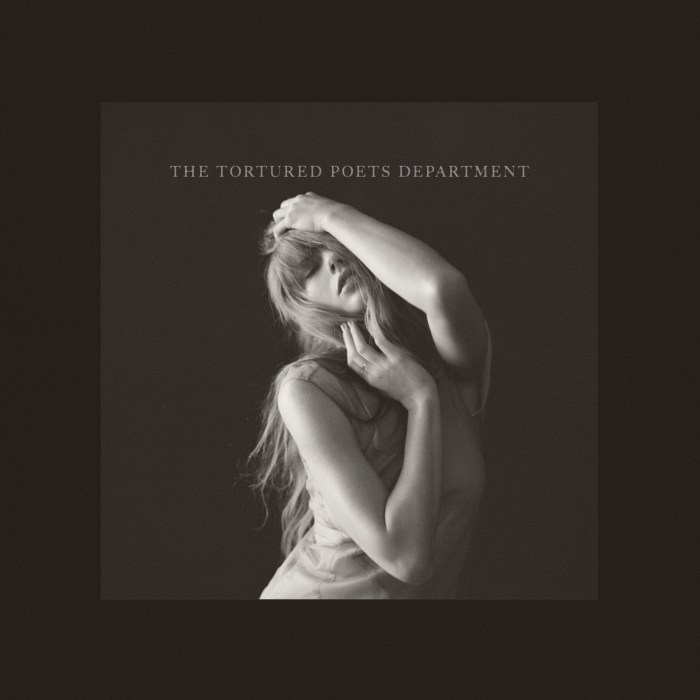By Kathianne Boniello
When it comes to ideas on how the city should revamp its public education system, Queens Borough President Helen Marshall seems to stand apart from her political colleagues.
On Monday, Marshall told the City Council’s Education Committee the city should not abandon the Board of Education or its 32 local school boards in favor of total mayoral control of the school system.
“Policy cannot be made simply from the top down,” she told the committee on the first of four days of city council hearings on education this week. “We must respond to the realities of the classroom. And for that reason, I believe that parents must have meaningful input into the education of their child.”
Marshall was one of the final speakers on the first day of city council testimony in which most of those who testified — including former Mayor Ed Koch and Borough Presidents C. Virginia Fields of Manhattan and Adolfo Carrion of the Bronx — advocated either total mayoral control of the school system or abolishing the seven-member Board of Ed altogether. Mayor Michael Bloomberg has said he would like total control of the city school system.
Although Queens has the most overcrowded classrooms in the city, city council members from the borough were noticeably absent during Monday’s more than three-hour long hearing.
Councilman John Liu (D-Flushing), a member of the Education Committee, attended some of the hearing before leaving early and did not ask any questions of the speakers. A number of city council members who were not on the Education Committee participated in the first day of hearings, but the only Queens rep to do so was Councilman Dennis Gallagher (R-Middle Village), who left shortly after the hearing began.
The Board of Ed, which includes two members appointed by the mayor with the other five chosen by the city’s borough presidents, has come under frequent criticism because of failing schools and mismanagement. The city decentralized its system and created the board in 1969.
The newly elected Queens borough president, a former teacher, also reiterated her plans Monday to appoint herself to the Board of Ed when current Queens Rep Terri Thomson’s term ends in July.
“Someone must be at the table to represent parents and their concerns,” she said. “A system centralized fully in the mayor’s office — whatever its merits — would be removed from the front-line concerns of the parents, concerns that must be heard, day after day, and in a responsive fashion.”
While none of the speakers put forth a concrete, detailed proposal for revamping schools Monday, Marshall appeared to be the only one to speak favorably of the current decentralized system. The borough president was slated to hold her own hearing on the state of the city’s education system at Borough Hall Wednesday night.
The hearings appear to be the City Council’s efforts to have a say in what happens to the Board of Education, a fate ultimately to be decided by the state Legislature. The Legislature has long opposed abolishing the Board of Ed, a favorite goal of former Mayor Rudolph Giuliani, who once suggested blowing up the group’s headquarters at 110 Livingston St. in Brooklyn.
Last month the Legislature voted to postpone the usually forgettable local school board elections, which are marked by historically low voter turnout. Although most state lawmakers attributed the move to an effort to save the city Board of Elections money, many said the postponement was a signal that the Legislature may finally agree to a significant systematic change for the city’s public schools.
In her opening statement, City Councilwoman Eva Moskowitz (D-Manhattan), outlined the failures of the current system, which serves 1.1 million students.
Moskowitz said the system was “too big, too complicated and too corroded to give our children the adequate education that should be theirs by right.”
Koch earned laughs and attention when he suggested while advocating total mayoral control of the public schools that Bloomberg form a coalition to pressure state legislators from the city to favor mayoral control.
“It’s power, power politics,” he said. “You threaten the Legislature to support mayoral control, or else you support their [political] opponents.”
When asked if he thought mayoral control would give the mayor too much power over city schools, Koch replied “if the mayor is Caligula.”
Reach reporter Kathianne Boniello by e-mail at Timesledger@aol.com or call 229-0300, Ext. 146.

































